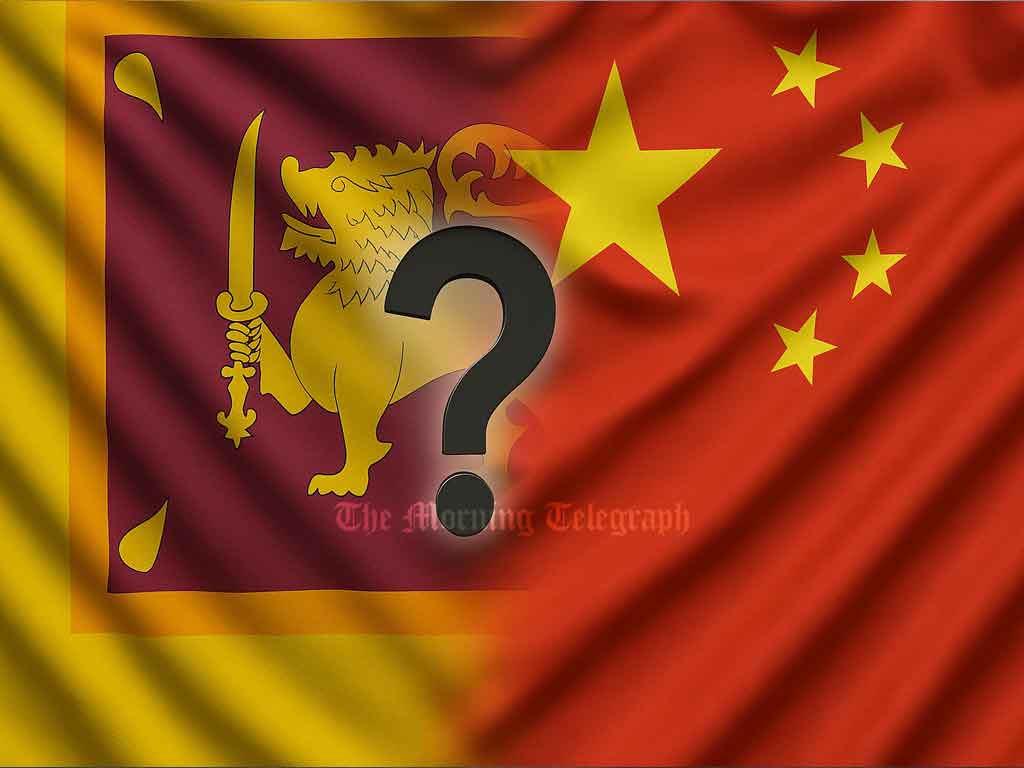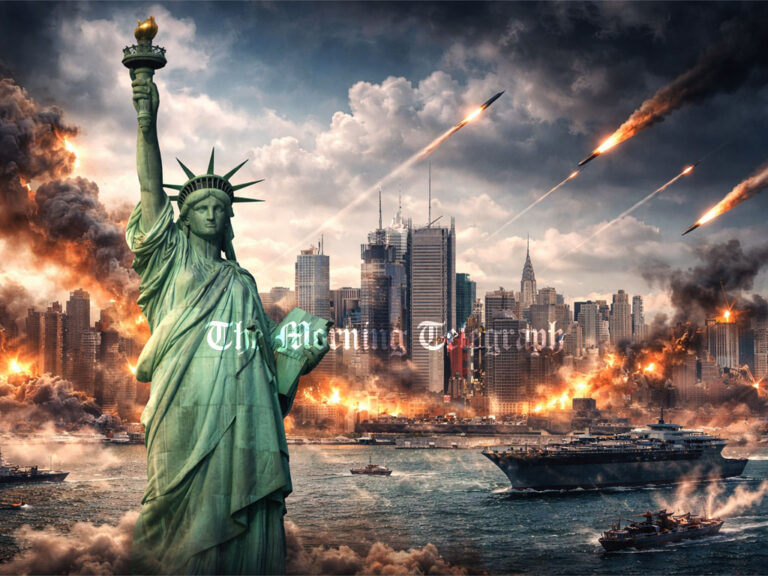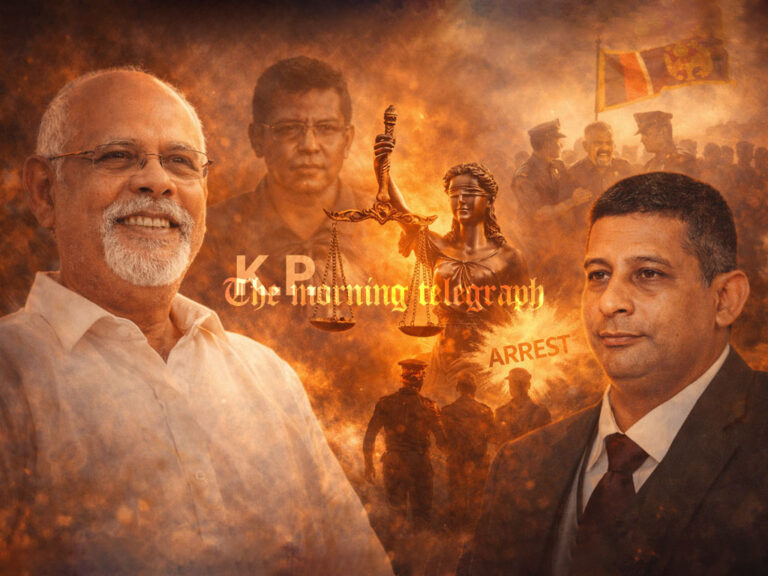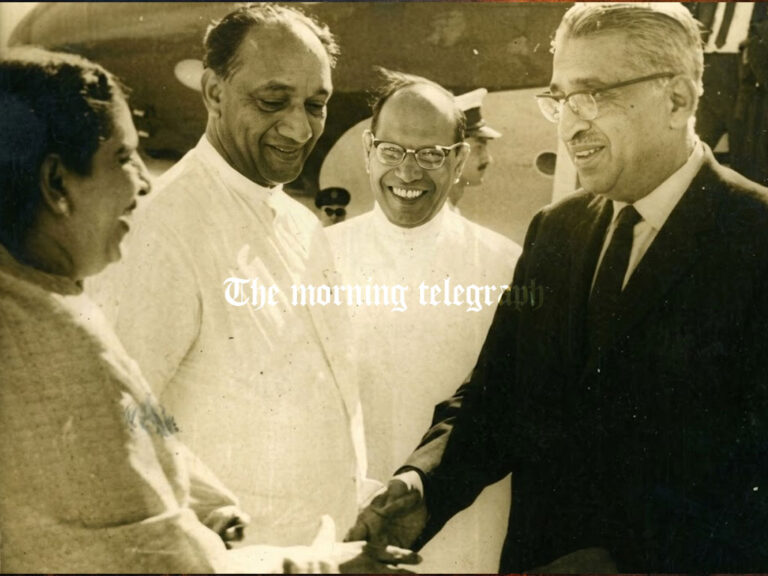
Recent developments raise an important and urgent question: is Sri Lanka on the path to joining a strategic military alliance in the Asia-Pacific—one that could compromise its long-standing non-aligned foreign policy and provoke serious diplomatic consequences?
The security agreement recently signed between Sri Lanka and India has sparked speculation and concern, especially in the context of the Quadrilateral Security Dialogue, or “Quad”—an informal alliance between the United States, India, Australia, and Japan. Often referred to as the “Asian NATO,” the Quad has existed since 2007, largely positioned as a counterbalance to China’s growing influence in the region.
If there is even an indirect link between this Indo-Lanka agreement and the Quad framework, Sri Lanka risks being drawn into a power rivalry it has historically sought to avoid. For a country that has proudly adhered to a non-aligned foreign policy since gaining independence, such a shift—intentional or not—could mark a dangerous departure.
What makes this especially concerning is the lack of transparency. The public has not been informed of the exact contents or implications of the agreement. If Sri Lanka is committing, even marginally, to a strategic military posture that aligns it with powers opposing China, the implications could be profound. Not only would it strain relations with Beijing—a key economic partner—but it might also alienate other friendly nations in the region.
It’s worth noting that countries like New Zealand, South Korea, Vietnam, and Brazil have been associated with the broader Quad Plus discussions, yet Sri Lanka has historically stayed away from such alignments. Why change course now—and why in such secrecy?
This is not a call to oppose diplomacy or regional cooperation, but a plea for clarity, accountability, and national dialogue. Citizens deserve to know the nature of any agreements that may affect the country’s global stance, trade relations, and geopolitical balance. As history has shown, foreign policy missteps made behind closed doors often come at a high cost.
It is time for the government to come clean. The public has a right to know whether Sri Lanka is being drawn—knowingly or unknowingly—into a broader military alignment. The country’s sovereignty and strategic neutrality demand nothing less.




